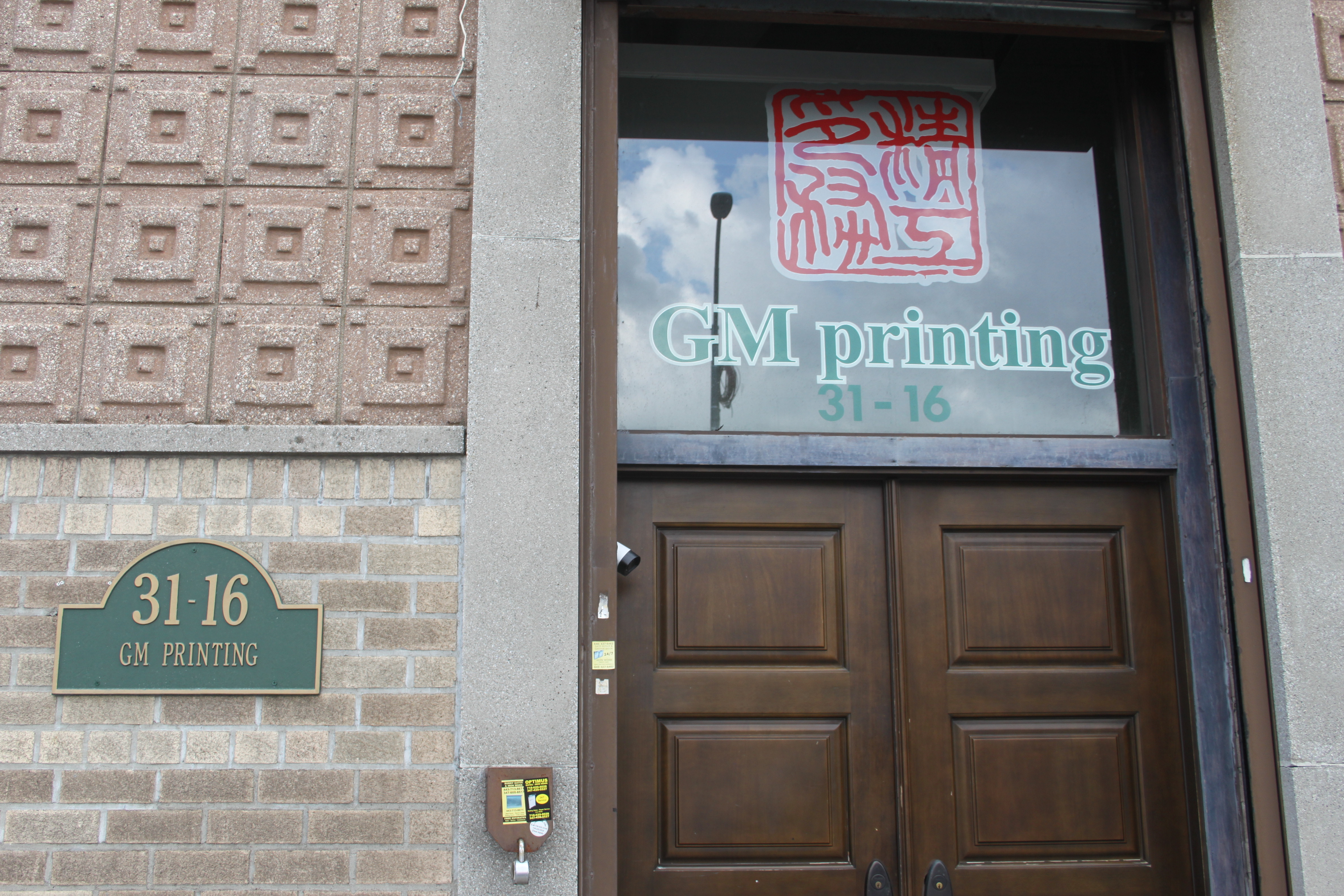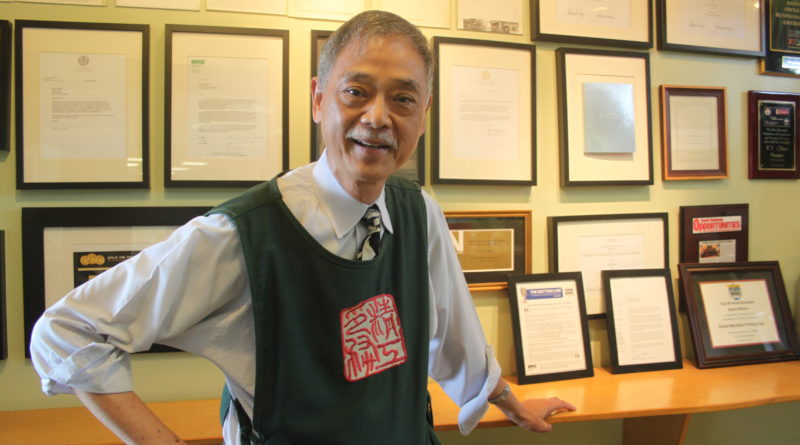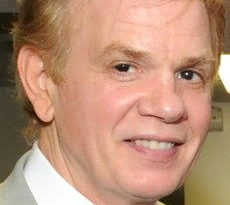K.Y. Chow shares his MWBE success story
Though he didn’t have a printing background, Chow was determined to learn everything about the industry and the day-to-day operations. He gave himself one year to prepare.
Deploying his skills in feasibility studies, Chow conducted an extensive study of the field, and drew several conclusions. The first was that all printing shops in Chinatown were mom-and-pop cottage operations with no professional management or marketing, giving him a leg-up.
Another was that there was “a good supply” of workers in the region who, though didn’t speak English, had strong skills and abilities. Noting that Chinatown largely operated as a cash economy, Chow concluded that if he offered reasonable packages, he would be able to attract talent.
“With all these conclusions I had, I was convinced that putting all the elements together, I would be able to make it,” he said.
To get a better handle on the technical parts of the industry, Chow took an apprenticeship at a small printing shop. He worked there for three months, picking up the terminology and basic understanding of the machines.
After a year of learning, Chow ran his first location at 79 Madison Street, a small, 850-square-foot site, printing restaurant menus. He worked hard, starting at 7 a.m. and closing shop at 11 p.m. To this day, those are his working hours.
It took GM Printing three years to get their first major account, but by then, they had established themselves as a strong presence.
In 2004, the company became one of the first companies to be certified as an MWBE. Five years later, they expanded to a 15,000-square-foot workspace in LIC and purchased an eight-color Heidelberg printer, one of the best in the business.
In the corner of his office, Chow has a framed photo of him and Bloomberg, whom he considers one of the “most admirable mayors” in New York City. In particular, Chow praised the mogul’s understanding of economic development in a city.
During the Bloomberg administration, Chow worked closely with the Department of Small Business Services (SBS), which connected him to opportunities with city agencies and larger companies. GM Printing eventually snagged a five-year contract with the Lower Manhattan Development Corporation, a major account.
Chow also credits Bloomberg for signing Local Law 129 in 2005, which established an MWBE contracting goal of 20 percent for city agencies.
According to SBS documents, the law helped increase the number of certified MWBE firms participating in city programs from 700 to 3,500. Certified firms won more than $3 billion in city contracts.
Chow said it made a difference for him because rather than competing with hundreds of printing shops, he only had to outbid a handful of MWBE firms.
“It eliminates a lot of competition,” he said.





